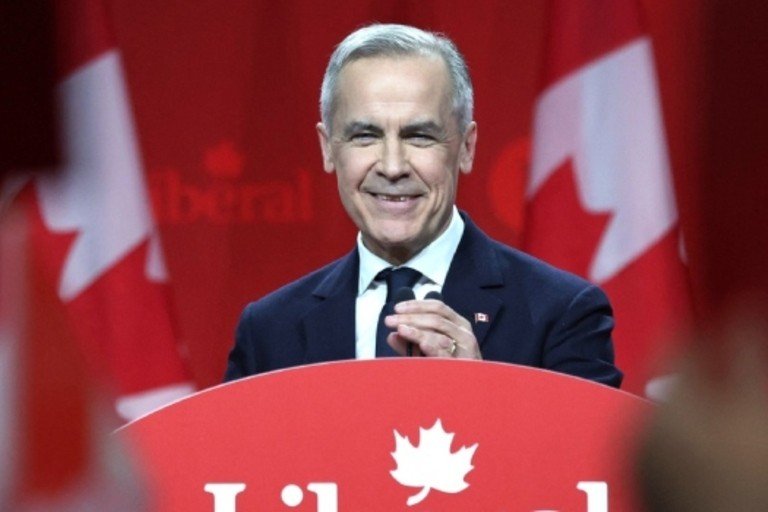Canada has turned down nearly 1,600 asylum applications from Nigerian nationals so far in 2025, even as approval rates climb to their highest level in years.
Fresh figures from the Immigration and Refugee Board (IRB) show that by 21 August, Nigerians had lodged 3,548 claims, with 2,292 accepted and 1,596 rejected. That amounts to a 65 per cent success rate—well above the previous decade, when denials topped 13,000.
The surge in applications has been tied to worsening economic hardship and insecurity at home, particularly violence linked to Boko Haram. According to Maple Crest Law, Nigeria remains one of the top five sources of asylum seekers in Canada, alongside Mexico, India, Haiti and Colombia. Ontario and Alberta host the largest numbers of claimants.
Canada grants refugee status only if the IRB’s Refugee Protection Division confirms that an applicant faces persecution under the UN Refugee Convention or risks torture, death, or cruel and unusual treatment if returned. These protections extend to those targeted by race, religion, political opinion, or social group—including LGBTQ+ people, women, and people living with HIV/AIDS.
Experts say that poor documentation and irregular entry often undermine Nigerian claims. “Most times, many Nigerians miss it when they don’t understand the laws governing refugee status,” said Imaobong Ladipo-Sanusi of the Women Trafficking and Child Labour Eradication Foundation. “Documentation is crucial because coming irregularly will get you rejected. But ultimately, those who really need protection should be protected.”
Despite the rejections, Nigeria still ranks among Canada’s top 10 countries for successful claims, placing eighth in 2024 with 2,230 approvals. That same year, Turkiye, Mexico and Colombia led the list.
Asylum applications in Canada remain high overall. The government logged 19,660 claims in the first two months of 2025 alone, following a record-breaking 173,000 in 2024. Critics say the IRB continues to struggle with backlogs and delays in processing cases.

